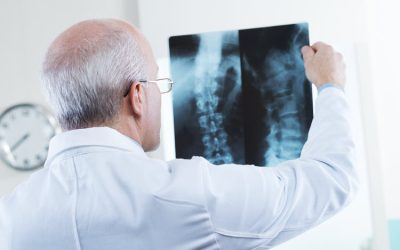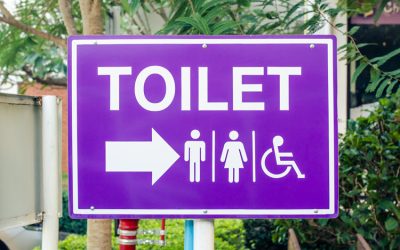Advice for a Healthy Colon
Bowel management is an issue for many individuals. Bowel issues range from constipation (where stool is too dry) to diarrhea (where stool has too much water) and every consistency in between.
This blog has information related to general constipation, colon cleansing, and healthy habits to maintain a healthy and properly functioning colon.
This blog curates articles from a wide range of resources and acts as a hub blog for you related to bowel care. We may also highlight certain products and provide links to online resources.
7 Essential Travel Tips for People with IBS
Traveling with IBS can be unpleasant, to say the least.
Rachel Pauls, a female pelvic medicine specialist based in Cincinnati, has struggled traveling with irritable bowel syndrome (IBS) more times than she can count.
Fecal Impaction
If you often have trouble making bowel movements and have to take laxatives (drugs that help you go) on a regular basis, you could one day have a serious bowel problem called fecal impaction.
Educational Awareness – Spinal Problems
Spinal Cord Problems and Bowel Management
The most important aspect of any bowel program is that it prioritizes the health, safety, and comfort of the individual and allows for maximum quality of life and independence.
The Main Causes of Constipation
Certain health conditions that can increase the risk of constipation include spinal cord injury or illness, Parkinson’s disease, diabetes, hypothyroidism, celiac disease, and irritable bowel syndrome.
Most people experience constipation at some point in their life. In fact, an estimated 42 million Americans deal with the discomfort and inconvenience of constipation.
Bowel Regimen Protocol
Adjusting to life after a spinal cord injury (“SCI”) presents many challenges and changes, including the need to have a consistent bowel management regimen to maintain overall health and wellness, and achieve the highest quality of life possible.
How Could Your Bowel Function Change Following a Spinal Cord Injury
Spinal cord injury (SCI) affects most aspects of a person’s life and that of their loved ones. It impacts their physical, social, mental, and emotional health.
Your Stomach
The stomach is a muscular organ located on the left side of the upper abdomen. The stomach receives food from the esophagus. As food reaches the end of the esophagus, it enters the stomach through a muscular valve called the lower esophageal sphincter.
The stomach secretes acid and enzymes that digest food.







